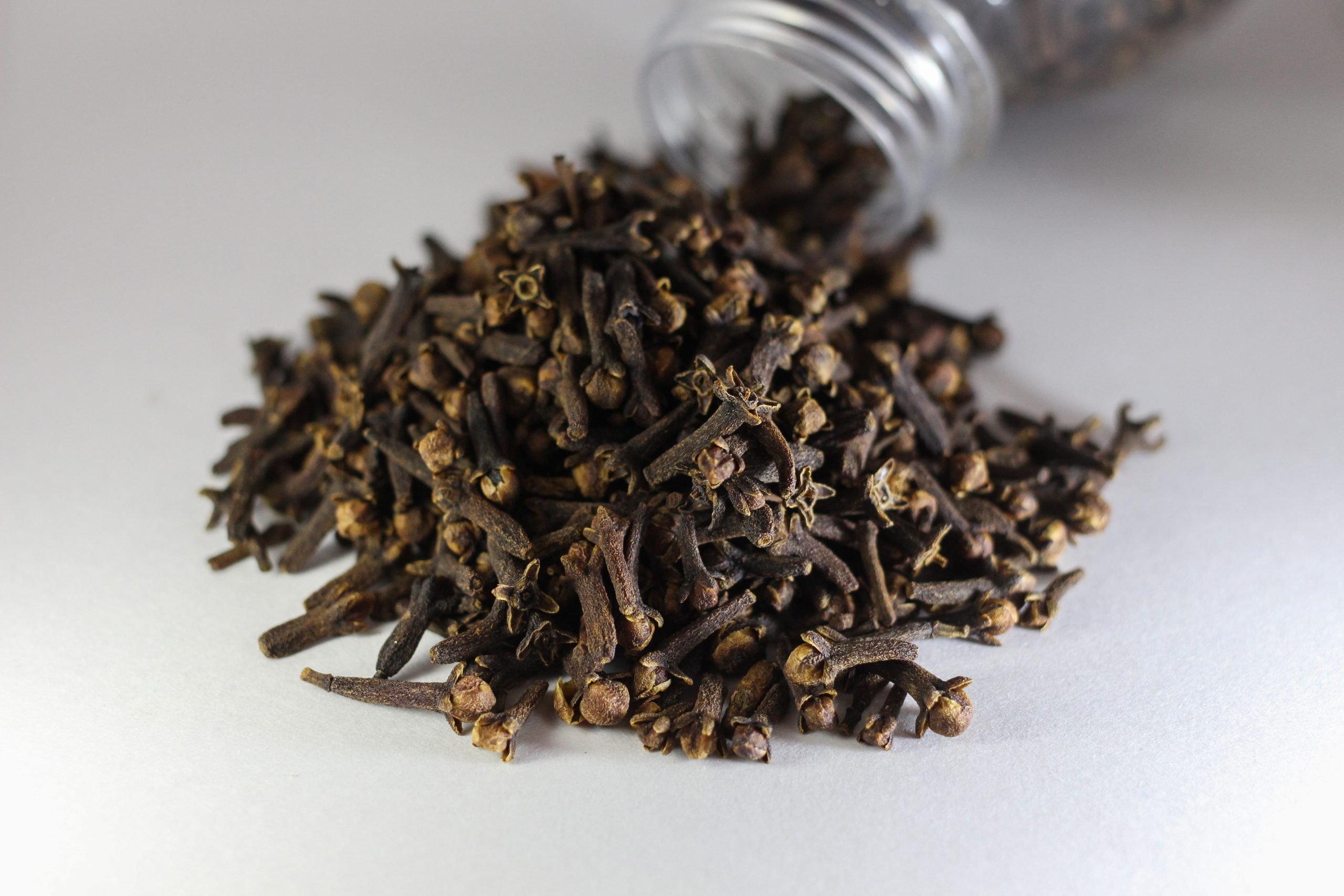Alcohol is a common indulgence for many people, but its impact on weight management and overall health cannot be ignored. In this post, we’ll explore the potential weight loss benefits of quitting alcohol for a month and the positive changes it can bring to your body and lifestyle. Get ready to embark on a transformative journey as we uncover the impact of abstaining from alcohol and how it can help you shed those unwanted pounds! 🚫🍷📉💪
📉 Alcohol and Weight Gain: Alcoholic beverages often contain significant calories, and excessive alcohol consumption can contribute to weight gain. Here are a few reasons why quitting alcohol can have a positive effect on your weight loss journey:
1️⃣ Reduced Caloric Intake: Alcohol is calorie-dense, and drinking even moderate amounts can significantly increase your daily caloric intake. By eliminating alcohol, you’re cutting out those extra calories, creating a calorie deficit that can lead to weight loss. For example, a standard glass of wine can contain around 120 calories, while a pint of beer can range from 150 to 200 calories. By removing alcohol from your diet, you’re eliminating a substantial source of empty calories.
2️⃣ Improved Metabolic Function: Alcohol can disrupt your body’s metabolic processes, leading to slowed fat burning and increased fat storage. When you quit alcohol, your metabolism can function more efficiently, aiding in fat loss and weight management. The liver is responsible for metabolizing alcohol, and when it’s occupied with processing alcohol, it can’t efficiently break down fat. By giving your liver a break from alcohol, you allow it to focus on metabolizing fats, which can support weight loss.
3️⃣ Better Food Choices: Alcohol consumption is often accompanied by unhealthy food choices, such as high-calorie snacks or greasy fast food. By avoiding alcohol, you’re more likely to make healthier food choices. Alcohol can lower inhibitions and impair judgment, leading to impulsive food decisions. By removing alcohol from the equation, you’ll be more mindful of your dietary choices and may opt for nutritious, whole foods instead.
💪 The Benefits of Quitting Alcohol for a Month: Quitting alcohol for a month can have a significant impact on your body and lifestyle. Here’s what you can expect:
1️⃣ Weight Loss: By eliminating alcohol for a month, you may experience noticeable weight loss. The reduction in calories and improved metabolic function can lead to a healthier body composition and a slimmer waistline. However, it’s important to note that individual results may vary, and weight loss depends on various factors such as overall diet, exercise routine, and genetic predisposition.
2️⃣ Increased Energy: Alcohol can leave you feeling tired and sluggish. By abstaining from alcohol, you’ll notice a surge in energy levels, enabling you to engage in physical activities with more enthusiasm and burn more calories. Alcohol can disrupt your sleep patterns and interfere with the quality of your rest. By removing alcohol, you may experience better sleep quality, which in turn can improve energy levels during the day.
3️⃣ Improved Sleep Quality: Alcohol disrupts your sleep patterns, leading to poor-quality sleep and decreased restorative processes. When you quit alcohol, your sleep quality improves, allowing your body to recover and rejuvenate. Quality sleep is essential for weight management as it affects hunger-regulating hormones, reduces cravings for unhealthy foods, and supports overall metabolic function.
4️⃣ Enhanced Liver Function: The liver plays a vital role in metabolizing alcohol and detoxifying the body. Quitting alcohol allows your liver to focus on its essential functions, leading to improved liver health and overall well-being. Alcohol can damage liver cells and lead to inflammation and fatty liver disease. By abstaining from alcohol, you give your liver a chance to regenerate and repair itself, supporting optimal liver function.
5️⃣ Mental Clarity and Emotional Well-being: Alcohol can affect your mood and mental clarity. By eliminating it, you may experience improved mental focus, emotional stability, and a greater sense of well-being. Alcohol is a depressant that can exacerbate symptoms of anxiety and depression. Removing alcohol from your life can lead to enhanced mental clarity, better emotional resilience, and improved overall psychological well-being.
🚫🍷💪 Committing to a Month Without Alcohol: If you’re ready to embark on a month-long alcohol-free journey for weight loss, consider these tips:
1️⃣ Set Clear Goals: Define your weight loss and health goals for the month. This will keep you motivated and focused throughout the journey. Set realistic and attainable targets, such as aiming for a specific amount of weight loss or focusing on improving overall well-being.
2️⃣ Seek Support: Let your friends and family know about your decision, so they can offer support and encouragement along the way. Consider joining a support group or finding an accountability partner to share the experience. Surrounding yourself with a supportive community can make your journey easier and more enjoyable.
3️⃣ Find Alternative Beverages: Discover non-alcoholic options that you enjoy, such as herbal teas, infused water, or mocktails. Having satisfying alternatives can help you resist the temptation to reach for alcohol. Experiment with different flavors and combinations to find beverages that suit your taste preferences and provide a refreshing experience.
4️⃣ Embrace a Healthy Lifestyle: Use this month as an opportunity to adopt healthier habits overall. Focus on balanced nutrition, regular exercise, and stress management techniques to maximize your weight loss journey. Incorporate whole foods, lean proteins, fruits, vegetables, and whole grains into your meals. Engage in physical activities that you enjoy, such as walking, jogging, dancing, or yoga. Manage stress through practices like meditation, deep breathing exercises, or journaling.
Remember, the decision to quit alcohol for a month is a personal one. If you have concerns about your alcohol consumption or its impact on your health, consider consulting with a healthcare professional or seeking guidance from a qualified counselor or support group. They can provide personalized advice and support based on your individual circumstances.












